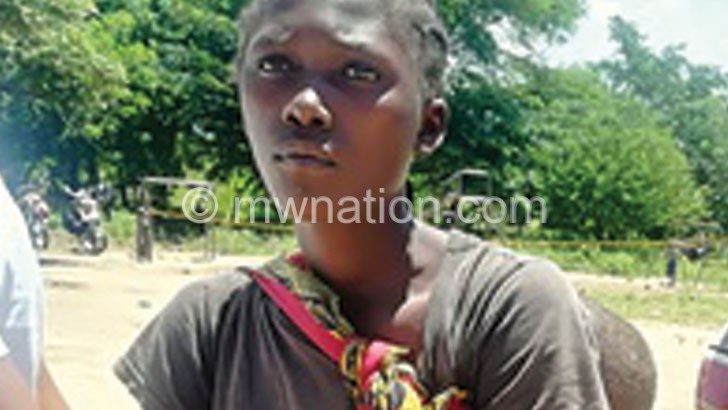When floods split families
Floods in the country have forced families to live separately in camps as they wait for the season to be over.
Left destitute, family members now belong to a larger community in the camps where men and women sleep and eat separately.

The temporary separation is in two ways. Some married women staying alone in camps while their husbands and children are accommodated away in other people’s houses. Then there are married couples staying at one camp but sleeping in different tents.
Sheila Khoza, a mother of four from Neno South, is camped in Waiyatsa Village, Traditional Authority (T/A) Symon with 59 other women and children while her husband is away.
“When we arrived here after our house collapsed on March 7, this ECD [early childhood development] centre was full. This forced him to go to another village to seek refuge. He is still there while I am here,” she says.
Khoza, 24, is not happy that she is alone at the camp with her baby without her husband and three other children. She feels her family is disintegrated, she says.
Ellina Chigalu, 53, shares Khoza’s sentiments.
She has five children but they are scattered among her relations.
Chigalu says: “It’s hard being away from my children. But I cannot help it as we don’t have a home.”
Group village head (GVH) Somisomi decries the situation that families have been separated.
“They would have loved to be where their wives and children are to offer protection and support but for the floods,” he says.
A total of 10 267 people have been affected in Neno, according to the district’s monitoring and evaluation officer Brighton Mphinga.
Many of them are in camps, schools, churches and other people’s homes, he says. n





